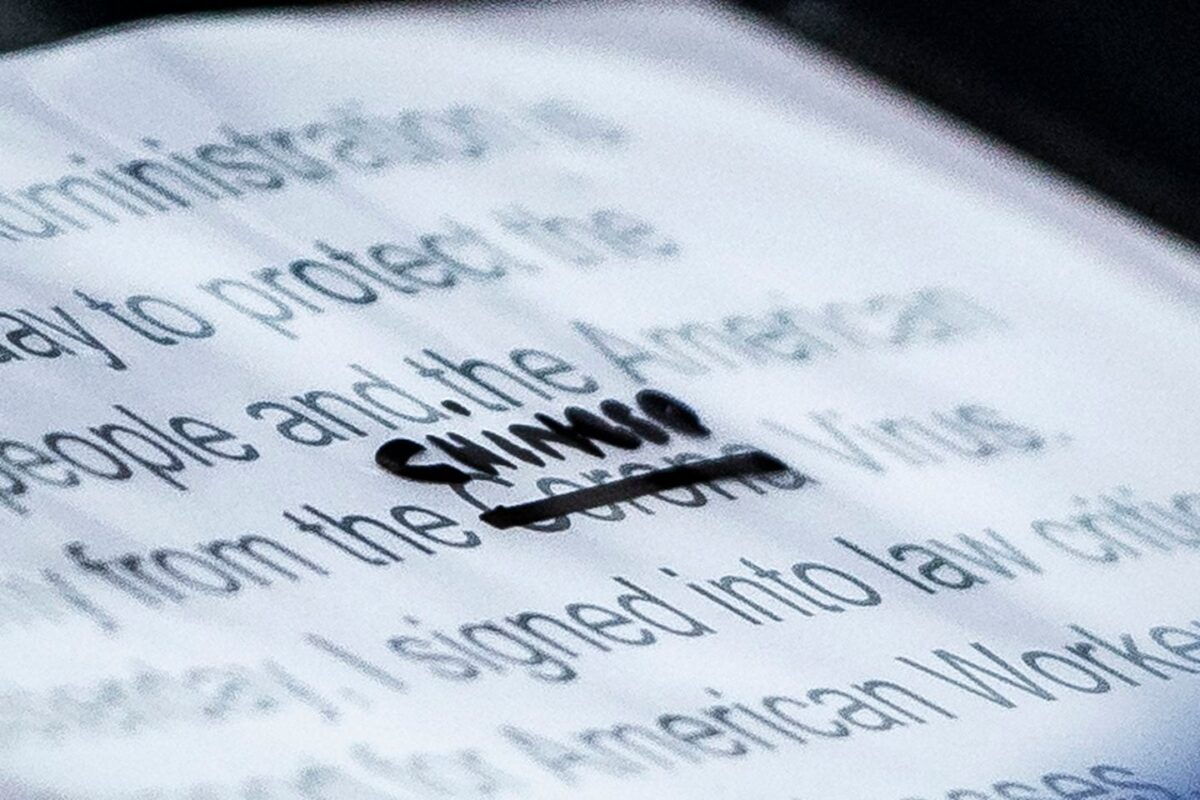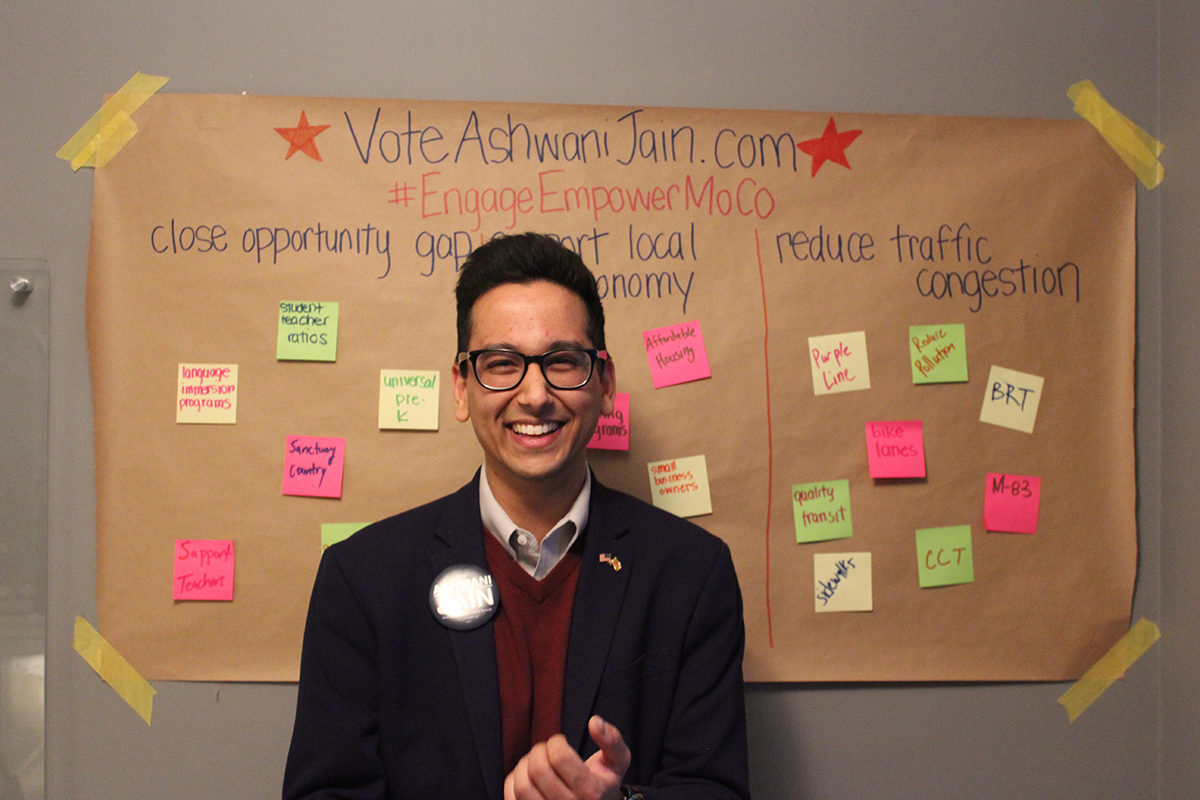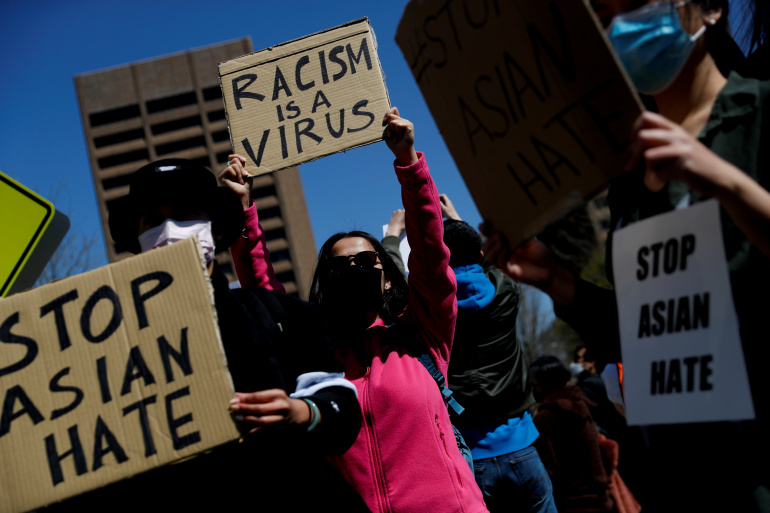By Guest Contributor: Dorothy He
Over the past few months, many non-Black Asian Americans across the country watched as our racial status began shifting, after years of living within and sometimes even openly accepting the confines of the Model Minority Myth. Several of these “positive” stereotypes have long been passively or even actively accepted by many in the Asian American community, such as the ones perpetuated by Andrew Yang during his presidential campaign — for instance, the idea that all Asians are doctors, are smart and like math, and won’t speak out or cause trouble. Such stereotypes have not only caused untold damage to the well-being of Asian Americans and stymied attempts at solidarity within our communities and in relation to other communities of color, but they never offered any genuine protection of our status or proof of our “Americanness” to begin with.
Those who trusted in the power of conditional whiteness to protect Asian Americans harbored a belief that a stable income, a respectable profession, and a low profile could somehow protect us from racist and completely unfounded attacks. They are wrong. Conditional whiteness is dangerous precisely because of its roots in white supremacy vis-à-vis capitalism; ultimately, it weaponizes people of color against their own communities by making individuals complicit in perpetuating racism and exhibiting dominance over other nonwhite bodies — in particular, Black and Brown bodies — in their journey to reach the American Dream.
Those who trusted in the power of conditional whiteness to protect Asian Americans harbored a belief that a stable income, a respectable profession, and a low profile could somehow protect us from racist and completely unfounded attacks. They are wrong. Conditional whiteness is dangerous precisely because of its roots in white supremacy vis-à-vis capitalism; ultimately, it weaponizes people of color against their own communities by making individuals complicit in perpetuating racism and exhibiting dominance over other nonwhite bodies — in particular, Black and Brown bodies — in their journey to reach the American Dream.
Asian Americans who choose faith in the power of the Model Minority Myth forget our community’s long history as targets of racial violence; they choose instead to believe in the empty promises of contingent racial security. And yet, the rapid rise of racism in the aftermath of the coronavirus instantly shattered that false sense of security. Overnight, many Asian Americans once again became scared for their own personal safety whenever they left their houses. What’s more, with the President harassing Asian American reporters who question him and his administration purposely spreading misinformation about the name and origins of the virus, our own government is also complicit in sowing the seeds of hatred.
The coronavirus pandemic has laid bare the tenuous racial privileges bestowed upon Asian Americans, once again demonstrating how the model minority myth and our collective silence only work to maintain the oppression of all communities of color. In late March, a family that was shopping at Sam’s Club in Midland, Texas was slashed by an individual who attacked them because he believed they were of Chinese descent. Shortly after that, an Asian woman in Brooklyn, New York was attacked with acid while taking out her trash, sustaining chemical burns. Since then, countless other Asian Americans have been verbally harassed or physically assaulted while simply daring to exist in public spaces. Stop AAPI Hate, a website that tracks hate-based incidents towards Asian Americans and Pacific Islanders in the wake of COVID-19, has received over 1,800 reports of anti-Asian harassment related to the coronavirus so far.
The coronavirus pandemic has laid bare the tenuous racial privileges bestowed upon Asian Americans, once again demonstrating how the model minority myth and our collective silence only work to maintain the oppression of all communities of color.
While these attacks have shaken our community to its core, we must understand that they did not occur within a vacuum; they are driven by a racism that deeply permeates every level of our country’s history, posited upon the notion that Black, Brown, and immigrant lives are worth less than white lives and are thus disposable. The Asian body has historically been (and continues to be) portrayed as a perpetual foreigner that can never truly belong in (white) America, one that should instead be viewed with suspicion. Also recall “yellow peril,” a concept with a long history of use in stoking xenophobic fear and scapegoating our community. This racial hatred is once again coming home to roost.
Thanks to the stubborn persistence of the Model Minority Myth — which many Asian Americans have even passively or actively perpetuated themselves — much of this history has been written out of textbooks. What’s worse, discrimination and attacks towards members of our communities are often downplayed or overlooked because we are viewed as a group that does not generally face any major struggles. Yet, Asian Americans are now the racial group with the largest wealth gap in the U.S., and that gap continues to grow, obscuring the many Asian Americans (including many Southeast Asian Americans) living with economic inaccess. Mental health also remains a serious issue in our community: Asian American women suffer from a higher lifetime rate of suicidal thoughts than the general U.S. population, and Asian American college students are more likely than White American students to have had suicidal thoughts and to attempt suicide. Most importantly, our underserved community members — including many elderly East Asian Americans as well as many Southeast Asian Americans of all ages — aren’t getting the resources they need. They bear the brunt of these problems, which are exacerbated by the supposedly “positive” stereotype that all Asian Americans are financially well off. All of this means that our communities aren’t able to live with dignity and face difficulties addressing the racial, ethnic, and socioeconomic disparities that prevent us from achieving equity.
The ugly violence towards our community in the wake of the coronavirus further clears the smokescreen created by the Model Minority Myth, viscerally demonstrating that “new stereotypes can emerge and un-whiten Asian Americans, no matter how ‘successful’ and ‘assimilated’ they have become,” as described by sociologist Min Zhou. In essence, these incidents have pulled back the curtain on the ugly fact that many of us have understood, and feared, all along: any privileges and adjacency to whiteness that we were allowed were conditional — largely bestowed upon us in exchange for complacency towards the ongoing violence against Black and Brown communities, and used to sustain the status quo of white supremacy.
This time around, many are still hoping we will continue to be the “model minority” and not speak up or rock the boat about racism in America. But we can’t let that happen — not only because we have so much to lose ourselves, but also because we have a broader moral duty to subvert the underlying source of this and other racial violence, which is white supremacy. Within the last few weeks alone, our country also witnessed the vicious racial harassment of Christian Cooper and the horrific murders of Breonna Taylor, Ahmaud Arbery, and George Floyd — the continuation of a long history of anti-Blackness and deep-seated, systemic racism that lies at the core of this country. Far too often, Asian Americans have also been complicit in perpetuating anti-Blackness and remaining silent when Black and Brown Americans were suffering or being killed. We must instead openly acknowledge the links between these racist attacks on our community and attacks on Black and Brown communities, and understand that our liberation is bound up with theirs.
Far too often, Asian Americans have also been complicit in perpetuating anti-Blackness and remaining silent when Black and Brown Americans were suffering or being killed. We must instead openly acknowledge the links between these racist attacks on our community and attacks on Black and Brown communities, and understand that our liberation is bound up with theirs.
Unlike what Andrew Yang would have us believe, assimilating and being more “American” is not going to protect Asian Americans from xenophobia or racism. Nor is embracing “positive” stereotypes about our community or attempting to bolster our racial status by showing how we are different from Black and Brown people. The only way out is through dismantling the Model Minority Myth, which traps and disempowers our community, and standing in solidarity with other communities of color to collectively end structural racism.
All too often, Asian Americans, especially those of East Asian descent, have allowed whiteness and the structures of white supremacy to shape and define our lives without questioning it. It’s time to change that. Yet attacks on our community, disguised as fear of COVID-19, have shown us just how futile being the “good minority” is; there is no safety in retreating to the model minority myth.
This moment has been a painful wake-up call for Asian Americans, but we cannot let it be just that. We must also actively reject the role that white supremacy attempts to pigeonhole us in, educate ourselves and our loved ones in anti-racism, and join the fight against anti-Blackness. Only then will liberation be possible for our community.
Dorothy He is a writer and communications strategist based in Washington, D.C. You can find her on Twitter @dorothyhe_.
Learn more about Reappropriate’s guest writing program and submit your work here.



